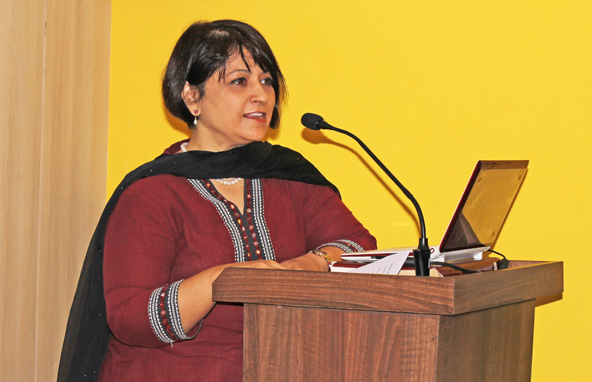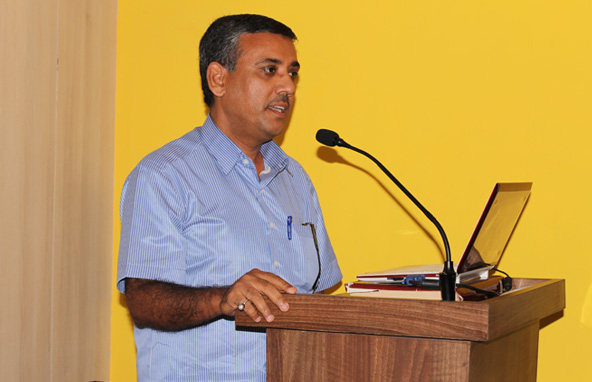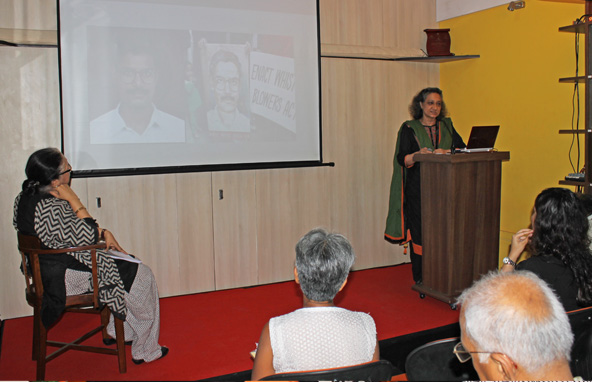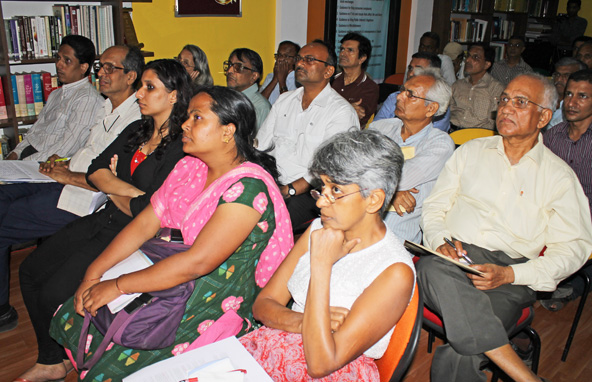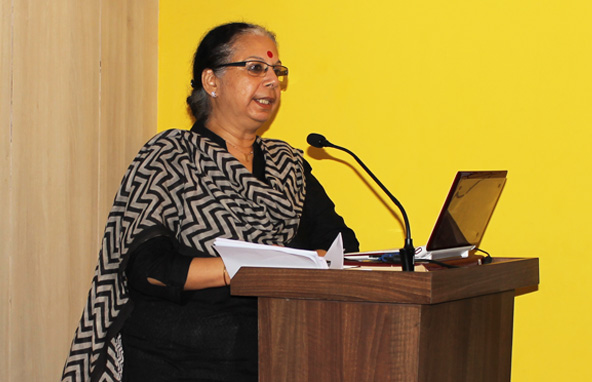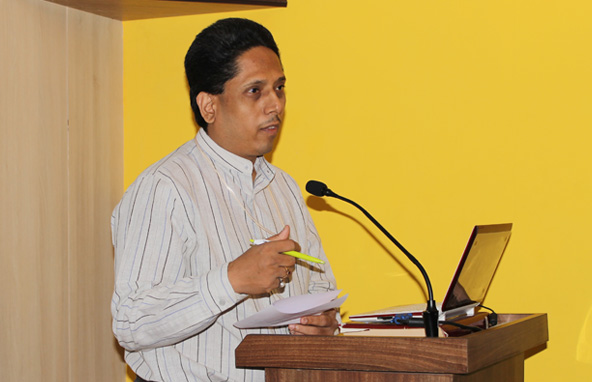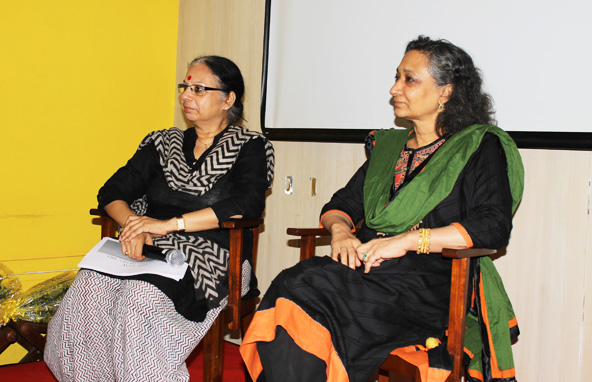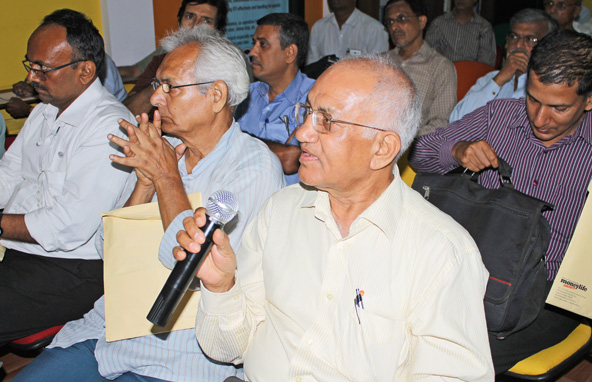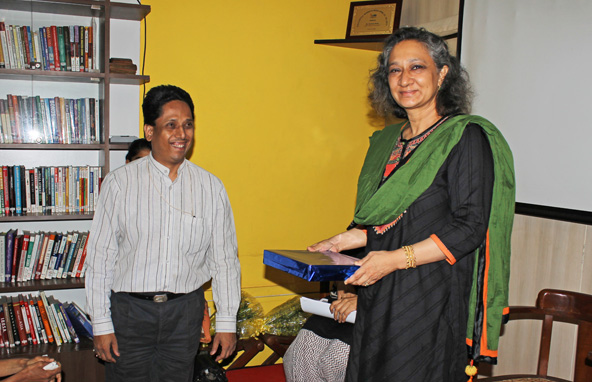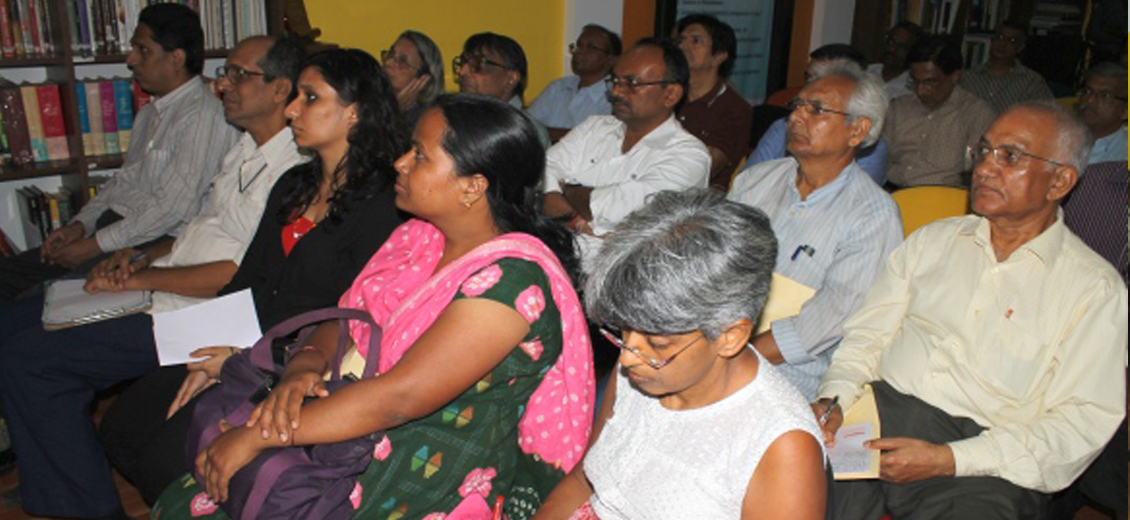
The “Whistleblowers’ Bill”, a long standing demand of activists and NGOs, was cleared on the last day of Parliament in February, two years after it was passed by the Lok Sabha. It aims to protect whistleblowers who expose malpractice or corruption and who have faced severe threat of harassment, assault and even murder. But does it do so?
At an open house discussion organised by Moneylife Foundation in Mumbai, environmental environment activist Sumaira Abdulali and Advocate Mohana Nair explained the Bill as well as its weaknesses.
The bill seeks to establish a mechanism to register complaints on any allegations of corruption or misuse of power against a public servant. It also provides safeguards against victimisation of the person who makes the complaint.
Ms Abdulali who is also convenor of MITRA (Movement against Intimidation, Threat and Revenge against Activists) and founder of Awaaz Foundation, informed the audience about the background that led to the Whistleblowers’ Protection Bill. She emphasized on ensuring to strengthen the NGO-media-RTI activists’ network, to protect activists at risk and need to monitor the use of the act and rules.
Adv Mohana Nair, who practices at the Bombay High Court and appears pro bono in several matters of public interest for deserving NGOs explained the legal aspects of the bill in detail. While comparing the Bill with laws applicable in other countries, she highlighted both the positive and negative features of the Bill.
The positive and negative Features of new Whistleblower’s Bill
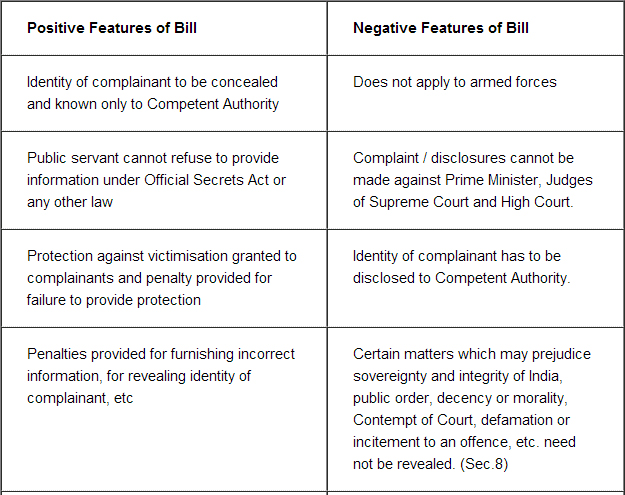
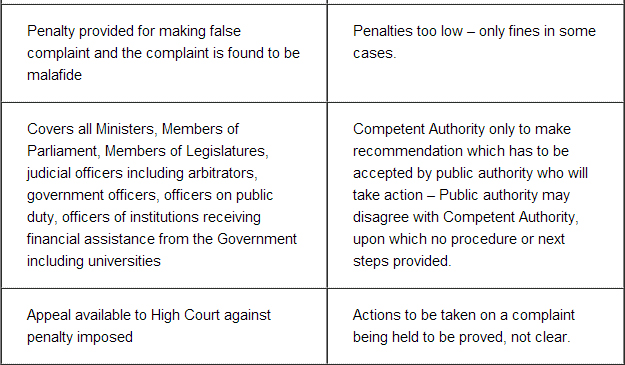
Ms Abdulali, who was attacked twice during sand mining site inspections said, “I was lucky to get away with my life, but many others who have tried to expose other issues have not; the list of murders and attacks on social activists in the past few years, already long, is getting longer and longer.”
She further explained on how it will impact citizens. “India’s Whistleblowers’ Bill is unique as it recognizes any individual or NGO as a whistle-blower. This means, RTI activists, anti-corruption crusaders and human rights defenders can be potential whistle-blowers,” she said.
Adv Mohana Nair said, “The bill maintains a morbid silence on the victimisation of whistle-blowers. Many definitions in the bill need to be clearer. The identities of whistleblowers need to be protected. She also clarified that this bill concentrates more on the government sectors and government officers who needs to get protected as whistleblowers after exposing the malpractices in government departments.
She also clarified that the Bill will not accept anonymous complaints. “This is either being myopic, a deliberate attempt to discourage whistleblowing or mocking the courage of scores of RTI users, who have suffered victimisation in different forms thus far. The best Whistleblower protection laws in the world, including those in UK, US and South Africa, allow for anonymity.”
During the discussion, Railway Activist, Samir Zaveri shared his experience as to how he and other activists were harassed by the police. He said he filed many RTIs to expose the Railway Scam at Kurla terminus by RPF officers. The RTI’s complaint has “to be in a good faith” but does not include any penalty. However, the Whistleblowers’ Bill doesn’t have that ‘to be in good faith’ provision. In fact, it imposes penalties if the complaint is found malafide.


